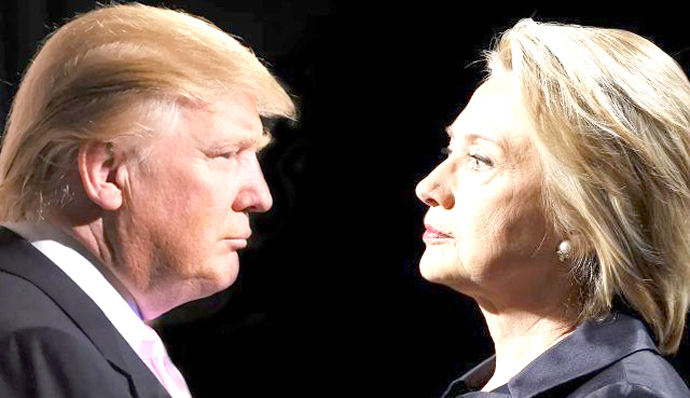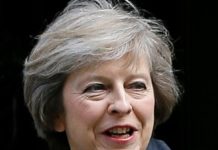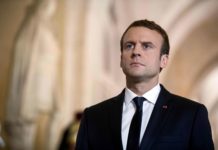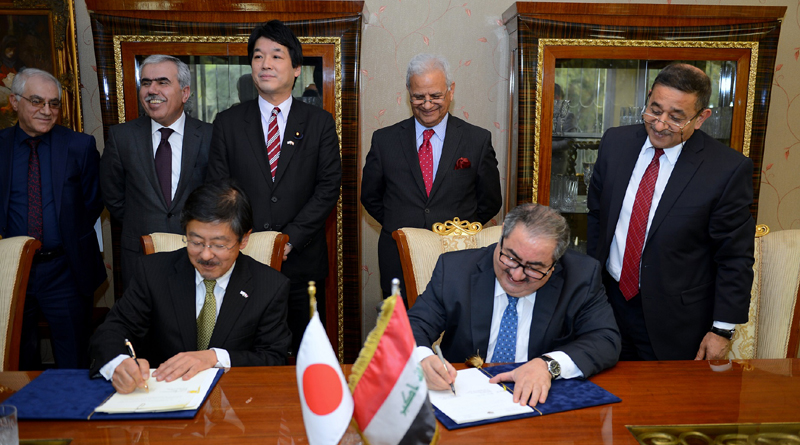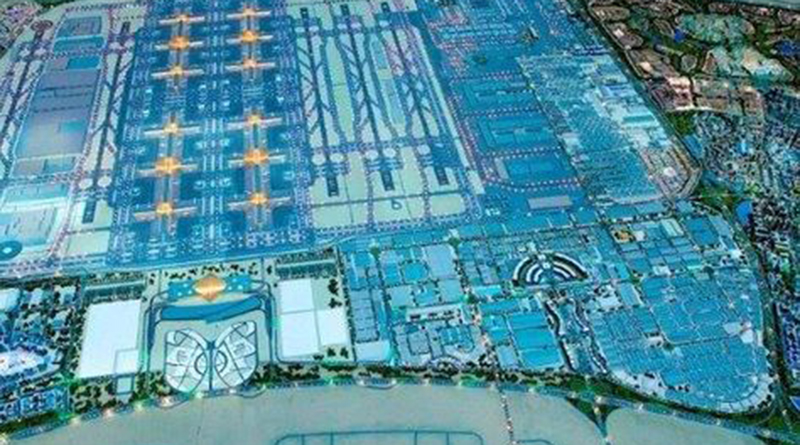Racist, bigot, liar and crooked are hardly terms you would typically associate with the next president of the United States. But in the lead-up to the November 8 election, they are exactly the words the two main party candidates are using to describe each other.
Either Democrat Hillary Clinton or Republican Donald Trump will take the presidential oath in January, and many who tuned into the three TV debates held over the past six weeks could be forgiven for still being confused about what they actually stand for. US-UAE Business Council president Danny Sebright is a veritable veteran of US politics, having voted in his first election in the Jimmy Carter-Ronald Reagan era (1980), and worked in government as a career professional. He describes the 2016 vote as “the most bizarre election cycle I have seen in my life, and not just at the presidential level, also at the Congressional and state level”.
“In many cases, this is unprecedented,” he says. “We’ve had elections in our country in the past — during World War II and during the Civil War with Abraham Lincoln — that were critical elections where the stakes were high, but we’ve never had an election that I can think of in our history that has been this devoid of dealing with the problems and issues, and coming up with viable solutions.”
There’s an incredulity in Sebright’s voice as he talks about the election, and it’s a tone similar to those on television and radio shows across the US. He says the election has been dominated by what he describes as a “gladiator fight between two candidates in the boxing ring”, with attacks on each other rather than debates about the substantive issues facing not only the US, but also the world. “I watched both conventions from start to finish, Republican and Democrats, and I thought I was watching two parallel visions of America and the world, like some science fiction novel. The two conventions were so different in tone, tenor and substance,” Sebright recalls. “Speaking from the standpoint of what Middle East leaders and government leaders have told me, I think they’re horrified and hugely sceptical of what his [Trump] policies might turn out to be with regard to America’s engagement with the Middle East going forward,” he adds.
Trump’s policies, both domestic and foreign, have been thin on detail, but Dr Steven Anderson, UAE chairman of Republicans Overseas, says they are largely based on boosting business. “Trump is pro-business. He simply wants a two-way street that is fair,” Anderson says. “Internationally, [he wants to] get out of being everyone’s babysitter militarily, unless they pay for our involvement. Trump is for quick and decisive action, whereas Hillary’s history is to have backed the Iraq invasion, support continued involvement in Iraq, Syria and Afghanistan, and be directly involved in Libya’s failed state disaster.”
Democrats Abroad-UAE chairperson Orlando Vidal disagrees. He says there is a misconception about Clinton’s role in the region.


